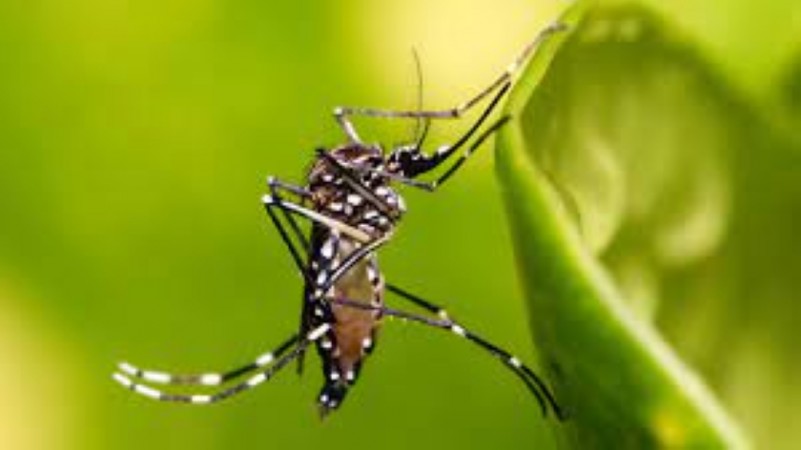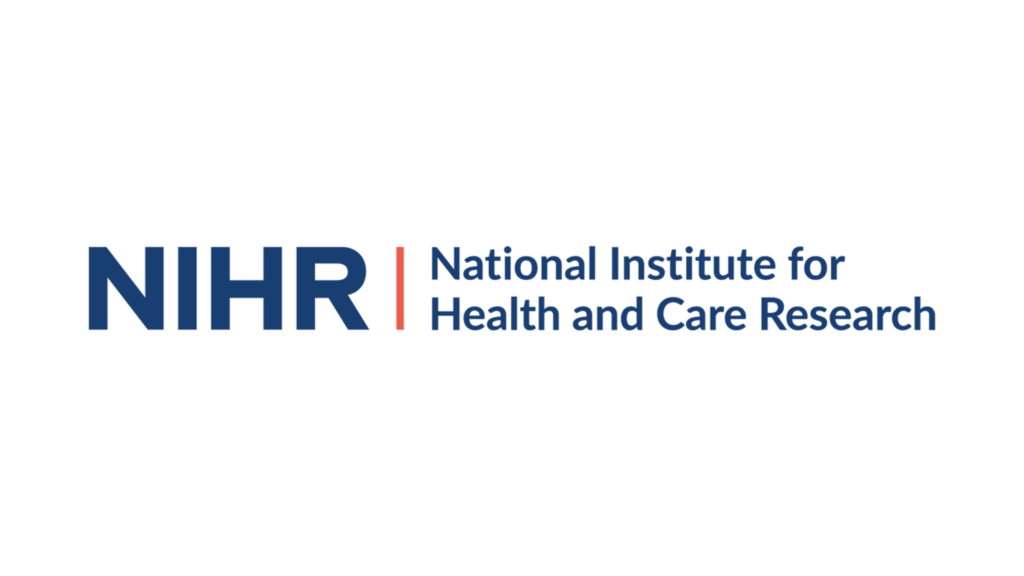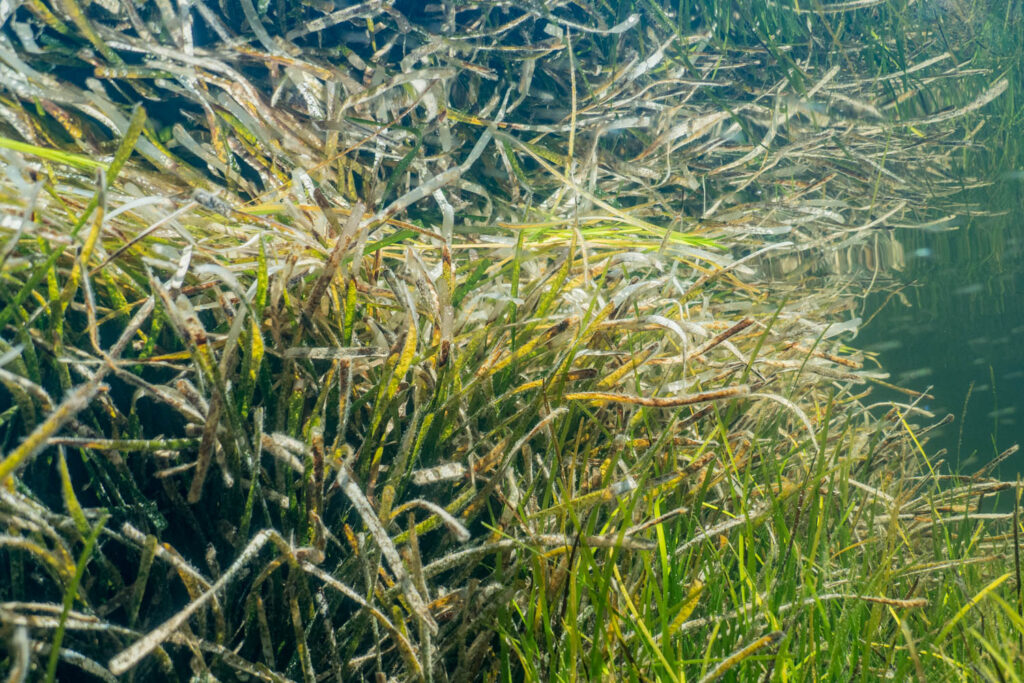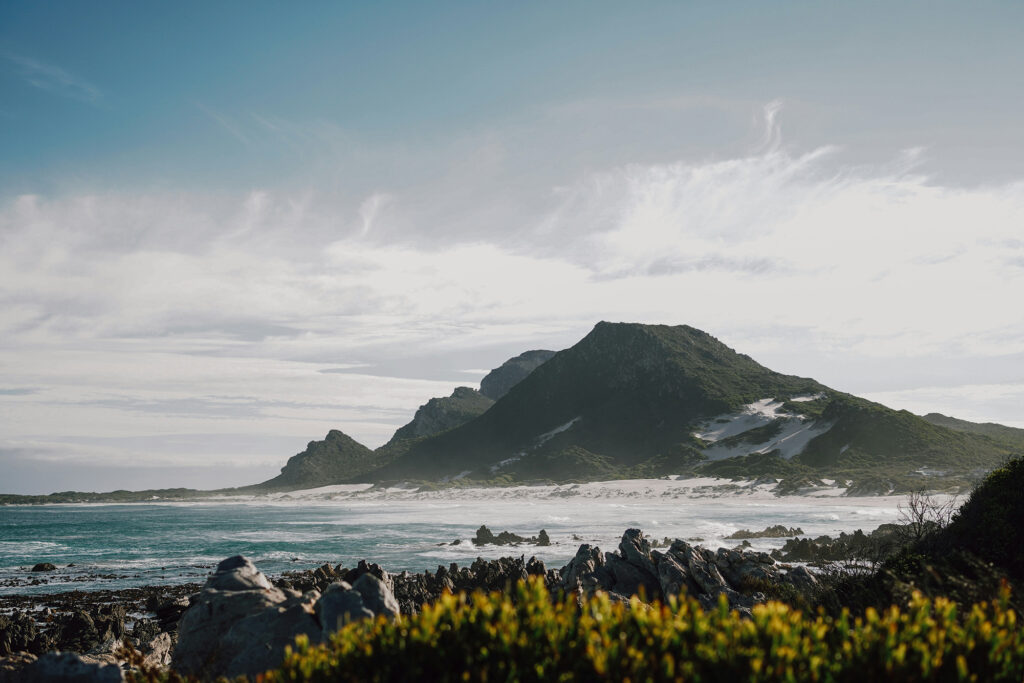The Dengue Risk Investigation for Preparedness (DengRIP) project, funded by NIHR, is led by Dr. David Weetman (LSTM) and Prof. Athanase Badolo (Ki-Zerbo University, Burkina Faso). The project aims to confront the growing threat of dengue, chikungunya, and Zika in Ouagadougou, as a model for West Africa, where Aedes aegypti, the main vector, thrives in urban environments. With no effective vaccines or treatments for many arboviral diseases, vector control remains the best protection. The global resurgence of dengue is driven by urbanization, globalization, and ineffective vector control, and Burkina Faso has been identified as a transmission hotspot. DengRIP focuses on community-based vector surveillance, control, and risk prediction to improve outbreak preparedness.
The project will develop an improved arbovirus risk index by modelling Ae. aegypti abundance, distribution, and behavior. Data will be collected on mosquito genetics, human exposure, and environmental factors. A community-based surveillance system using the Mosquito Alert mobile app will allow citizens to report mosquito activity, cross-validated with traditional monitoring methods. In addition, DengRIP will test several vector control methods, including larval source management, indoor residual spraying, attractive toxic sugar baits, and volatile pyrethroid emanators.
DengRIP is a multi-country collaboration, involving the Université Joseph Ki-Zerbo and the Institut de Recherche en Sciences de la Santé in Burkina Faso, and northern partners including the University of Oxford (UK), the Institut de Recherche pour le Développement (France), the Consejo Superior de Investigaciones Científicas (Spain), and the University of Glasgow (UK).
The project places strong emphasis on local capacity building, ensuring that local scientists gain expertise in entomology, social science, genetics, and epidemiology. Community engagement is key, as local involvement is essential for effective surveillance and control. By integrating scientific research with community action, DengRIP aims to develop sustainable solutions to combat arboviral diseases and improve public health preparedness in West Africa.









